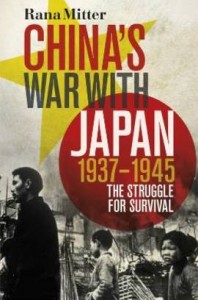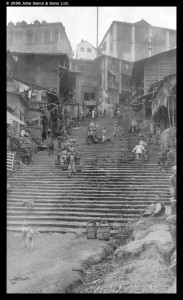Places are available for the upcoming teaching sessions in the BICC Chinese Language Course for Researchers (CLCR). The programme is open for postgraduate research students and early career academics.
Elementary or Intermediate Level: 28 September to 2 October 2014 [*please note revised date]
The BICC offers Chinese language courses at elementary and intermediate levels for researchers. These courses consist of week-long sessions of intensive teaching. Each teaching session will be followed by a term of online learning with feedback from the BICC language teachers.
The course runs from 10 a.m. Saturday 28 September, through to and including Wednesday 2 October. Classes will run on Saturday 28th and Sunday 29th. The detailed teaching timetable will be advertised on http://www.ctcfl.ox.ac.uk/BICC/index.htm It is most likely that the elementary classes will take place in the mornings and the intermediate classes will take place in the afternoons. The daily contacting time for each student will be 3.5 hours. The Language Laboratory is available every day for students to do their assignments and exercises over that period.
Applying for places
A limited number of partial bursaries are available for participants, to defray travel, accommodation and subsistence costs.
Applicants for the programme should contact the programme convenor, Mr Shio-yun Kan, by 4 pm on 5 September 2013, via the BICC administrator, Ms Grania Pickard, at hums-bicc@bristol.ac.uk. Please provide details of your doctoral topic and affiliation, name of your PhD supervisor, or your current position, as well as a brief description of your Chinese language learning experience, including how many Chinese characters (or words) that you have learnt, and how much time that you have spent in China.
We are likely to ask shortlisted candidates to secure a statement of support from their supervisiors.




